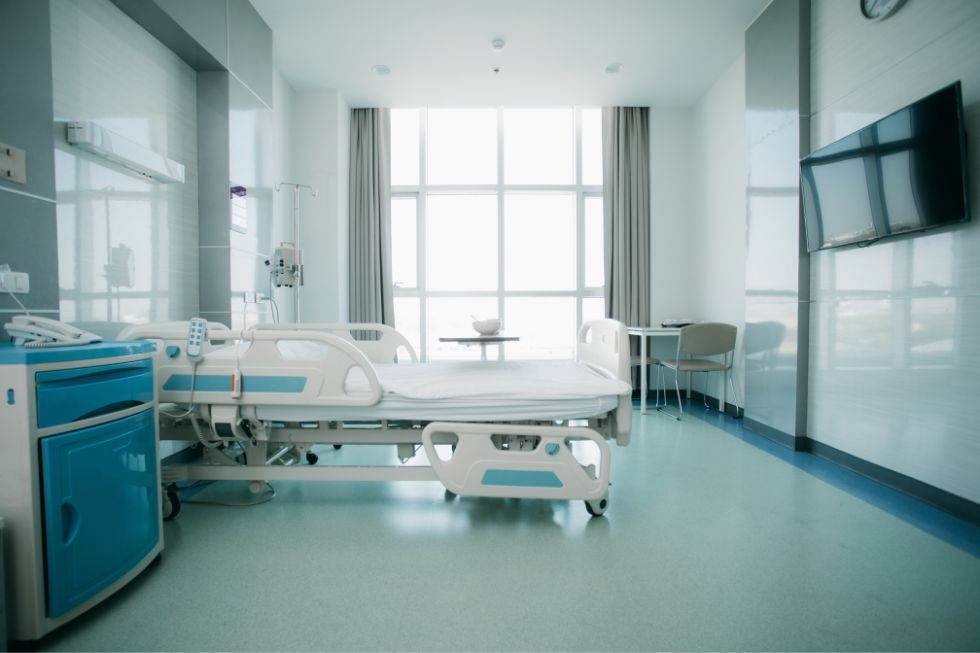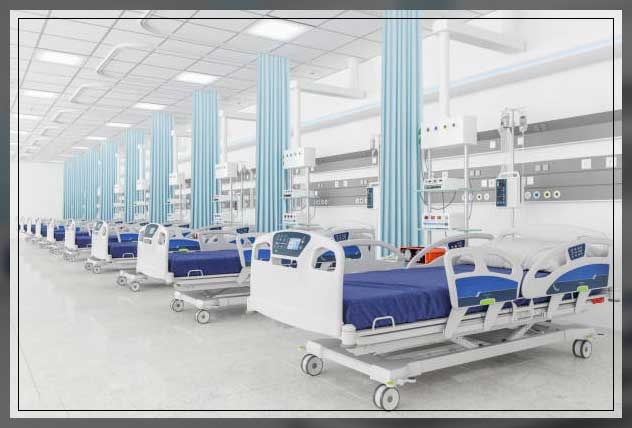The Main Principles Of Hospital Beds For Home Use
The Main Principles Of Hospital Beds For Home Use
Blog Article
Hospital Beds For Home Use for Beginners
Table of ContentsHow Hospital Beds For Home Use can Save You Time, Stress, and Money.Not known Facts About Hospital Beds For Home UseHospital Beds For Home Use Fundamentals ExplainedHospital Beds For Home Use - TruthsHow Hospital Beds For Home Use can Save You Time, Stress, and Money.The Buzz on Hospital Beds For Home UseNot known Incorrect Statements About Hospital Beds For Home Use
There are 3 major sorts of hospital beds: guidebook, semi-electric, and fully-electric. More types of clinical beds exist and they are detailed below. These beds make use of hand cranks to readjust the bed's elevation and raise and decrease the head and the foot. Hand cranks are commonly discovered at the foot of the bed and need a person that is literally qualified of operating.
Semi-electric beds have an electrical motor to raise and lower the head and foot portions of the bed (hospital beds for home use). Full-electric beds have an electrical motor that can elevate the head and foot sections of the bed as well as the entire elevation and positioning of the bed.
What Does Hospital Beds For Home Use Mean?
Some designs can also relocate into even more positions, such as the Trendelenburg (tilt) placement. There are a number of sorts of healthcare facility beds, each developed to satisfy certain person requirements. Below are some common types: This is the most usual kind of medical facility bed, developed for basic clinical use. It has a manual or electrically adjustable headrest, footrest, and elevation.
Lower to the ground than a standard bed. This kind of bed is developed for larger individuals, with a wider frame and higher weight ability than a basic bed.
This kind of bed is created for seriously ill clients who call for open tracking and specialized clinical tools such as ventilators and mixture pumps. This kind of bed is made for use during labor and distribution, with adjustable settings and functions to support the mommy and baby during the birth procedure.
Unknown Facts About Hospital Beds For Home Use
Numerous feature and the devices do expanding traction to different parts of the vertebra and the extremities without moving the body. These are simply a few examples of the sorts of healthcare facility beds available. The details sort of bed used will rely on the client's condition, medical requirements, and other factors.
Here is the point you need to recognize. A one-function health center bed is a clinical bed that enables a person to relocate just the head or foot section up or down. A 2 function health center bed normally describes a kind of clinical bed that has two adjustable functions to aid people in hospitals or treatment facilities.

Little Known Questions About Hospital Beds For Home Use.
A 7-function ICU bed is a kind of medical bed that provides a number of adjustable functions to sustain critically unwell patients in an intensive care system (ICU) (hospital beds for home use). The seven functions generally consist of: Back-rest adjustment: The backrest can be adapted to different angles to aid the individual stay up or lie down conveniently
Height change: The bed can be raised or reduced to make it easier for people to get in and out of bed, and for caregivers to provide treatment. Trendelenburg setting: The entire bed can be slanted to advertise blood circulation and blood circulation in the body. Reverse Trendelenburg setting: my blog The bed can likewise be slanted in the contrary direction to advertise blood flow and flow in the upper body.
While more budget friendly than electric models, these beds need physical effort for changes. The main benefits of hands-on beds are their affordability and reliability, as they don't depend on electricity. However, the need for hands-on initiative can be a restriction in situations where quick modifications are required or where caretakers encounter physical challenges.
Hospital Beds For Home Use - An Overview
Semi-electric health center beds offer an equilibrium of handbook and electrical controls. These beds provide an excellent middle ground in between guidebook and totally electrical options, providing ease of usage without the complete expense of electric models.
Semi-electric beds are well-suited for clients who require moderate adjustments to the head and foot sections yet can handle without regular elevation modifications. This makes them an economical service for those seeking comfort and ease without the demand for consistent repositioning. Fully electrical medical facility beds feature electrical controls for seamless adjustments to the height, head, and foot areas.
Specialized hospital beds, such as ICU beds, long-term care beds, and bariatric beds, are very carefully designed to attend to certain clinical demands. These beds supply tailored look after diverse person groups, improving both outcomes and comfort. In the complying with areas, we will discover the primary kinds click this site of specialty medical facility beds, describing their details advantages and applications.
With years of experience in manufacturing electrical linear actuators - hospital beds for home use and close collaboration with the medical care sector, TiMOTION is well-positioned to provide trusted healthcare solutions. Our up and down integrated firm takes care of every step of the production process, from style to actuator assembly, ensuring we supply phenomenal value and customized solutions tailored to your details needs
Not known Facts About Hospital Beds For Home Use

To get more information regarding integrating these technologies into your items, contact us today. Further reading:.
Data is sourced from the Medicare Price Record.

Some Known Facts About Hospital Beds For Home Use.
A medical facility bed is a bed designed specifically for medical objectives. It is not only a location for people to rest, however also a system for clinical operations. Unlike normal home beds, medical facility beds generally have adjustable features, which can help with clinical personnel to make different changes according to the needs of individuals, such as altering the elevation, disposition, and support angle of the back and legs of the bed.
Report this page